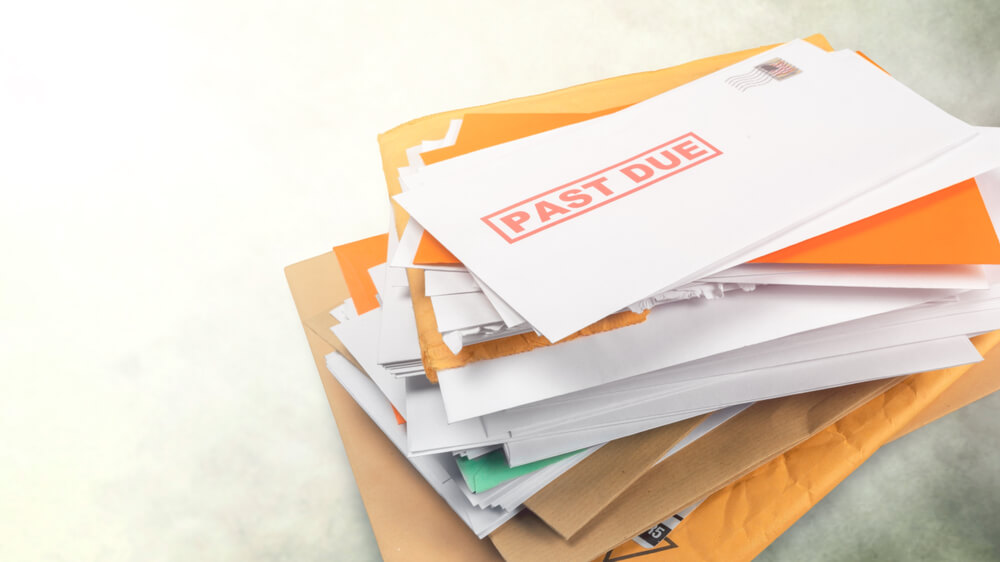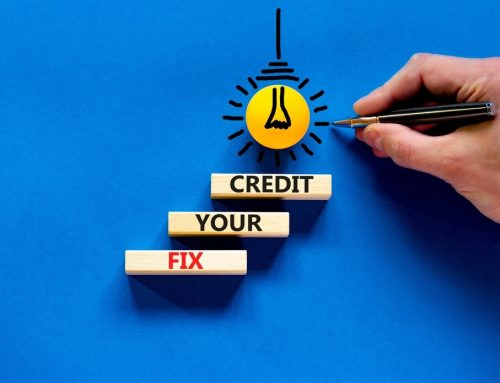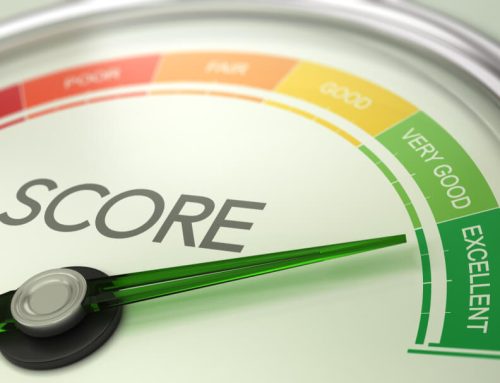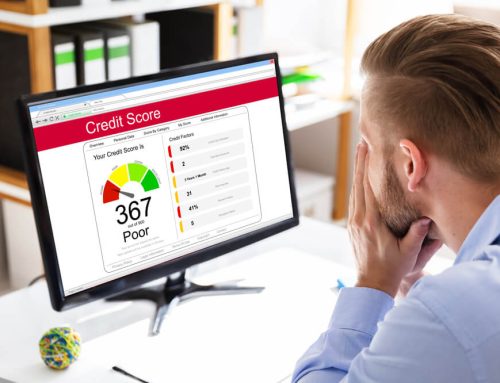5 Methods for Reducing Debt and Raising Your Credit Score
It’s common knowledge that if you lower your debts on time and fix errors on your credit report, you can raise your credit score. You might not realize that getting rid of some of your debt (or all of it) can also help your credit score ratings.
The scoring algorithm that the credit score uses places credit utilization as the second most important determining factor. It accounts for 30% of your total credit score. How you pay your bills or your payment history accounts for 35%. In other words, it is almost as important to use your credit in the right way as it is to pay your bills on time.
Credit utilization is determined by how much debt you have outstanding when compared to how much credit you have available to you to use. So, if you have $10,000 in available credit and you owe $4,000 on your various lines of credit, then your credit utilization ratio would be 40%. You divide the amount used by the amount available.
If you are using less than 30% of your available credit, then that shows a strong credit utilization and a good credit score. If you use more than 80%, then that is going to show up on your credit score as extremely bad. What it indicates is that you are close to using up all your credit.
Other than paying your bills in a timely manner, the second most important thing to do to help your credit score is to lower your debt. That brings down your credit utilization ratio and boosts your credit score. We’ve compiled a few ways to cut down on your debt and raise your credit score.
1. Take Care of Past Due Bills to Achieve a Good Credit Score
If you want to improve your credit score quickly, then lowering your debt this way is one of the best ways to do so. Those balances that are past due can really bring down your credit score. Once you start to pay them off, you are able to give your credit score a serious boost. Even though paying off smaller past balances may not account for much, it can cause an increase of 20 or 30 points in your score. When you are trying to get a loan, that kind of increase may make all the difference.
You may be able to get your creditors to lower your balances through negotiation. That’s especially true if your delinquency is older than two years. They might be looking to settle the debt quickly and be willing to take less than you owe them.
Whenever you try to settle a debt like this, make sure that you get the terms of your agreement in writing before you pay any money on it. This protects you from creditors who may not process everything very quickly or who aren’t committed to fulfilling the terms of their settlement agreement. The precise details should be laid out in the documentation they give you.
For larger settlements, it’s a good idea to involve an attorney who has experience in working with credit problem cases. Depending on the state you live in, there could be ramifications to your taxes that you need to take into consideration. You also need to watch out for language on the settlement that reads “settled for less than the full amount” or something similar that can affect your credit score less positively than if they simply marked your account as paid. An attorney will be able to help you with that.
Please note that some borrowers can use peer-to-peer lending services. These can provide lower rates sometimes, and those loans won’t appear on your credit report so long as you are making timely payments. If you do this, your credit utilization score can decrease and help improve your credit score.

2. Decrease the Balances on Credit Cards To Raise Your Credit Score
If your credit utilization score is above 30%, then getting rid of as much debt as possible is one of the best ways to build your credit score.
You can see better credit score ratings by lowering your credit utilization ratio to 30%. Those who have a credit utilization ratio of 80% and who drop it to 60% will notice a great improvement in their score.
Someone with $10,000 in available credit, who has $8,000 in debt on those same lines of credit, can see big improvement in their credit score by paying down their credit card debt by a few thousand dollars. You don’t have to pay off your whole credit card debt to see the kind of improvement that can make it easier for you to get a loan or enjoy better rates. Just paying a couple of thousand on debt like this can make a huge difference.
3. Get Rid of the Smaller Debts to Build Your Credit Score
We should also talk about how many debts you have and how it benefits you to pay off some of them rather than just pay down all of them at once. How many accounts you have open and have active debt on can affect your credit score. Even if you just have a few accounts, if all of them have debt on them, they can hurt your credit score.
If you want a good credit score, then getting rid of your smaller debts can be a great way to do that. Let’s say you have six credit lines available, and five of them contain balances. If you pay off the two smallest balances, you can make quite an impact on your credit score. That brings down your accounts with balances from five to three.
If you have accounts open with credit on them that you aren’t using, that indicates to the scoring algorithm and to lenders that you are in good control of your finances. If you have too many accounts with balances on them, it is perceived as a negative for your credit score.
4. Reduce Installment Loans
When you open an installment loan, like an auto loan, it can hurt your credit score at first. That’s due to there not being any history attached to the account. It really doesn’t make a difference whether you are able to make the payments or not.
Over time, the effect of opening a new installment account will impact your credit score less. Your credit score will suffer less than if you had just opened the account.
By paying on the loan, you can help your score as well. If you take an account with an initial balance of $10,000 and pay it down to $6,000, then that loan is considered less risky, and your credit score will get better.
If you make a year’s worth of payments in less than a year, it can boost your credit score in regard to that loan. It won’t be as good as paying over the course of a year, on time every time, but it will make a significant impact.

5. Open a New Account without Using It To Build Your Credit Score
You won’t be reducing your debt by opening a new account, but you can boost your credit score in the same way you would if you lowered your debt. If your credit utilization ratio is too low, much higher than 30%, then you can help that ratio improve by gaining more credit as opposed to actually paying on your debt. Now, you can really only benefit from this if you don’t use the new account.
The addition of a new credit line will expand the amount of available credit you have. So, if you already have $10,000 in credit available, and you add a new account that gives you $5,000 more, then your credit utilization ratio will improve because your available credit has improved. Let’s say you had $10,00 in available credit and were using $8,000 of that. That’s a credit utilization ratio of 80%. Then you add another line of credit for $5,000, which takes your available credit up to $15,000. If you aren’t adding any more debt to what you have, then your credit utilization shoots down to $53%. That’s going to positively impact your credit score.
There is something to take into consideration here, though. You have to be sure you aren’t using the newly available credit. While opening that new account can have short-term benefits for your credit score, if you are using that credit and putting debt onto it, then your debt will increase, and your credit utilization ratio will worsen. You could end up in worse trouble financially than before you opened that line of credit.
You should only obtain more credit to boost your score if you can manage that credit well and refrain from using it.
If your credit is already hard to handle, then you may need to get some help. Severe problems with credit tend to get worse over time, and you need to do something about it while you have the chance.



